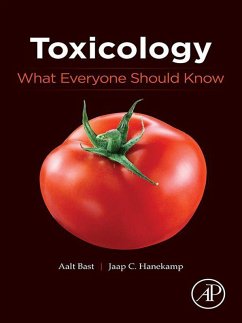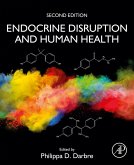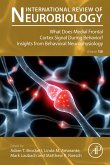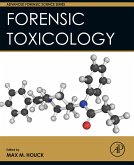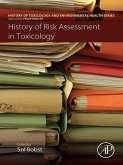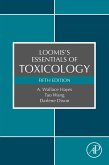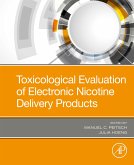In addition, the book shows how these developments are extrapolated into public and political perceptions on risks and the regulatory consequences, emphasizing environmental issues, such as manmade and natural chemicals, their interaction and impact, nutrition, and drugs.
Users will find a cutting-edge approach to nutritional and combinatorial toxicology, risk evaluation modeling and the benefits of chemicals exposure (nutrition versus man-made chemicals), environmental health, and legislative frameworks to control the public's chemical exposure.
This is an essential reference for those looking for an introduction to toxicology, its past, and exciting future.
- Presents a seminal toxicological discovery in each chapter, describing its evolution towards today's cutting-edge techniques
- Shows how the study of toxicology directly impacts legislature, and discusses the need for a new look at risk evaluations
- Includes introductions to a variety of toxicological concerns, such as risk perception, pesticides contamination, carcinogenic compounds, drug toxicities, and toxicological modelling
Dieser Download kann aus rechtlichen Gründen nur mit Rechnungsadresse in A, B, BG, CY, CZ, D, DK, EW, E, FIN, F, GR, HR, H, IRL, I, LT, L, LR, M, NL, PL, P, R, S, SLO, SK ausgeliefert werden.

